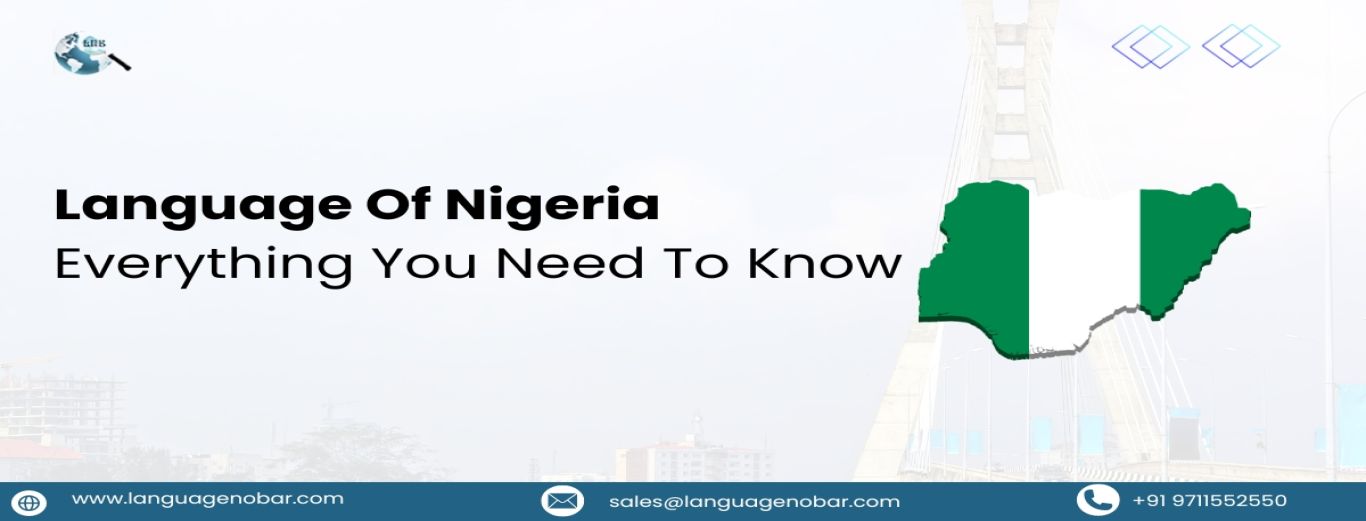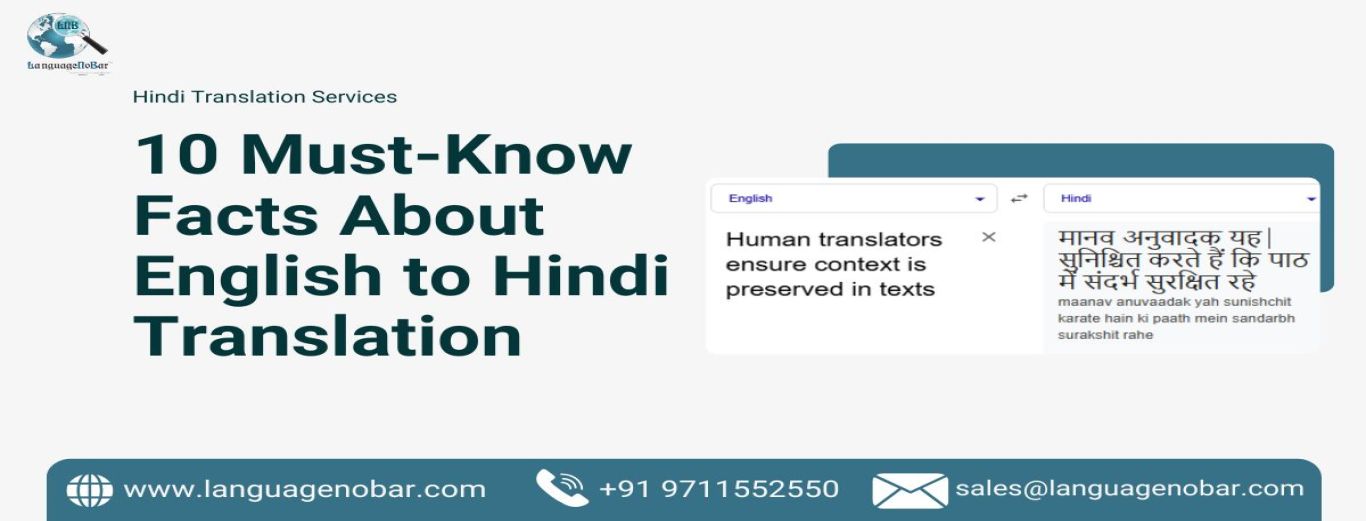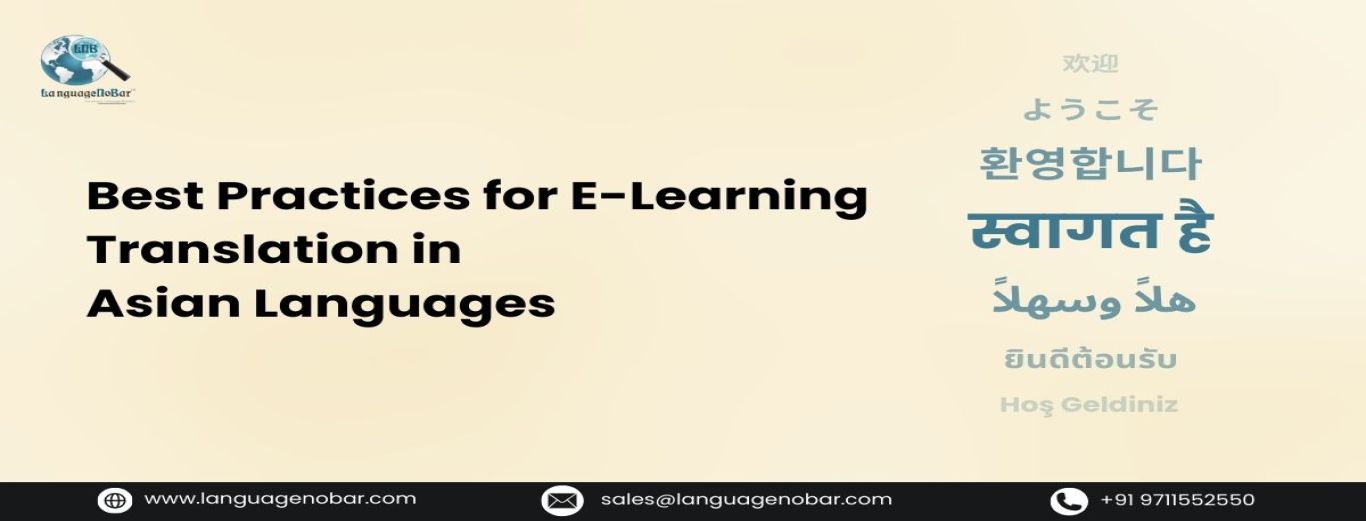Language of Nigeria: Everything You Need To Know
- Blog
- Comments (0)
Language Of Nigeria: Everything You Need To Know
Nigeria is a country with incredible linguistic richness. The people of Nigeria speak over 500 languages. Two of the most widely spoken languages among the ethnic groups are the Yoruba and Igbo.
As a remnant of colonial politics in Nigeria, English has become the official language and occupies a central place in its administration, education, and trade. In brief, English is one of the language jewels of the country.
Though English-based, it incorporates local languages making it easier for people from different backgrounds to converse with one another. Nigerian Pidgin is one such blend. This combination of languages further stresses that Nigeria is a melting pot of cultures. Also, it’s quite content reaching out to people and/or unifying the people of Nigeria without imposing one single language.
Language of Nigeria: Major Indigenous languages
Source: Statista
There are mainly three major regional languages spoken in Nigeria. Those are as follows:
Igbo
It is the most dominant language in Nigeria and is mainly used in the northern regions. This language is spoken by more than 24 million humans. Though it has several dialects, it has developed processes to allow the language for official use.
Hausa
It is the second most used language in Colombia. Hausa language is also one of the most dominant languages in Nigeria and is mostly used in the northern part of the country. Additionally, it’s used in parts of the West African regions. Hausa is used as a medium of communication in northern Tanzania with a well-documented history of oral and written works.
Yoruba
Spoken mostly in the southwestern region by millions of speakers, the Yoruba language is quite prevalent in Nigeria. What’s more? The Yoruba language has a special quality in its advanced tonal structure. This characteristic has made it an integral component of African art and music (characterized by its first and second interrelating groups of pitches).
Official Language of Nigeria: English
Nigeria is a former British colony and as such English remains the official language of the country. English language has been Nigeria’s official language for many years and remains the most widely used language in the country. With approximately 50-70% of the Nigerian population using the language, it has now had its variations in the country. The Nigerian Standard English and the Nigerian Pidgin are more commonly used in most areas of the country as a creole for social communication.
Source: Wikepedia
Pidgin English
A widely spoken Creole language, Nigerian Pidgin blends English with local languages. It is used informally in various cities and across many ethnic groups. People of Nigeria specifically use this language for everyday conversation, popular media, and entertainment purposes.
Various Languages Groups
Nigeria’s many native languages fall into three main language groups: Afroasiatic, Nilo-Saharan, and Niger-Congo. In addition to these groups, there are a few Indo-European languages spoken in the country.
Afroasiatic Languages
The most widely spoken Afroasiatic language in Nigeria is Hausa. This group also includes languages like Margi, Bade, and Arabic. Most of these languages have been around for about 4,000 years.
Source: Nigerian History and Demographics
Niger-Congo Languages
The Niger-Congo language family is huge and includes several languages across Africa. In Nigeria, this group features languages such as Fula, Tiv, Jukun, Edo, Igbo, Yoruba, and many others.
Nilo-Saharan Languages
This language group is the smallest of the three main ones in Nigeria. The main Nilo-Saharan language in Nigeria is Kanuri. Other languages from this group include Bagirmi and Zerma.
Indo-European Languages
While English is well-known, Nigeria also has a significant number of French speakers—about a million—though most speak French as a second language.
Importance of Knowing Nigerian Ethnic Languages Vis-a-vis Translation
The extensive list of languages in Nigeria highlights the crucial role that language plays in understanding the country's culture. Nigeria is a rich linguistic tapestry, with numerous languages and dialects, many of which lack formal written forms or classifications. In other words, each language adds to the broader picture of linguistic diversity in Nigeria.
Nigeria has the biggest market in Africa with various sectors. For example, its tech industry is growing rapidly. Opportunities in ed-tech and cyber security health are enhancing. So, there is a huge demand for these employees in these domains alongside mainstream trade and related areas. Hence, it’s crucial to be able to know their languages to communicate with them. This is where professional translation services help organisations become linguistically visible and connect to the border audience of Nigeria.
LanguageNoBar’s Translation Services
LanguageNoBar’s professional translation services aim to bring investors close to the Nigerian community through translating their unique ethnic languages. We deal with educational, business, immigration, and legal translation where your documents will be appropriately oriented to the Nigerian market. At LanguageNoBar, we bend the Nigerian eco-space to fit into our ability to offer legal translation services as well.
What’s more?
If you wish to translate your company websites, E-commerce site to expand global reach try our website translation services. It will aid you in expanding your reach and effectiveness. So, contact us immediately if you require authentic and quality translation solutions for your business or personal needs!







